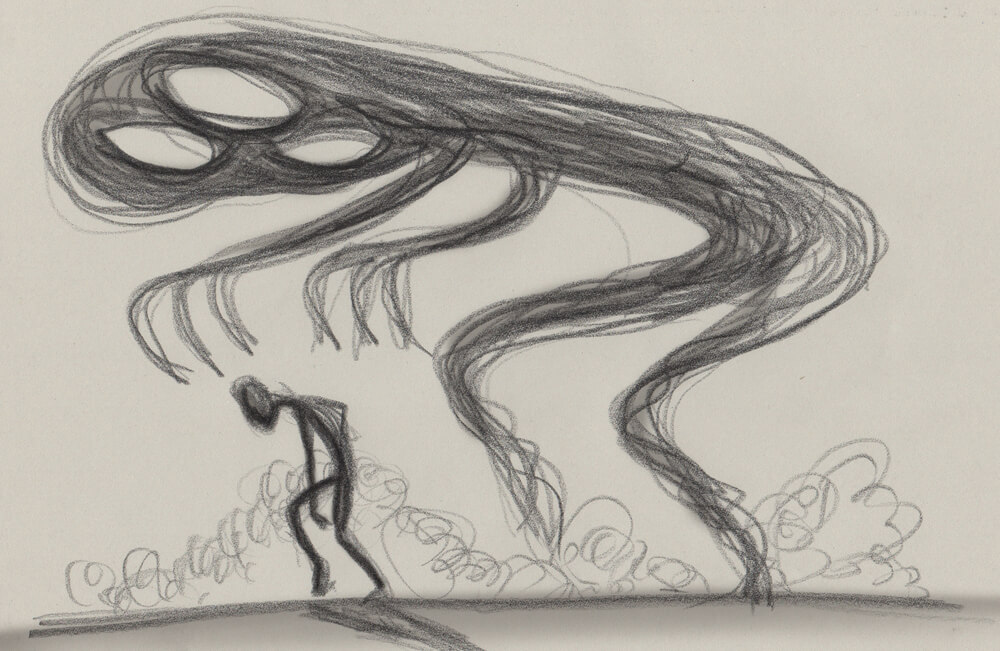Depression affects more than just the individual who has it; it affects the whole family as well. If you think someone in your family is depressed, you shouldn’t ignore that hunch. Because the sooner your loved one gets treated, the greater chances they have of recovering. Being aware of the signs of depression can help you and your family get treatment as soon as possible. Early treatment is the best way to recover from this impactful disease.
7 Signs of Depression to watch out for
Not everyone experiences mental illness in the same way. Your loved one might show all of these signs of depression, but it’s more likely that he or she will only show a few of them. If you find that more than a few of these signs apply, it might be time to start a conversation about depression.
The sooner you speak up about these signs of depression, the better. Starting treatment as early as possible means better outcomes. Don’t let your loved one fall any deeper into depression; say something and seek help together.
1. Changes in sleeping patterns
When we’re depressed, our sleep schedule basically just falls apart. We find ourselves napping all day, rolling around sleeplessly, or unable to get out of bed. Some people sleep more, some people sleep less. What is important to look for is a significant change, in whichever direction, in your loved one’s sleeping patterns.
All of us go through some sleep irregularities occasionally. Staying up too late, illnesses, partying, and all sorts of things can disrupt our sleep schedule, but a situation like that is not necessarily one of the signs of depression. However, if you see sleep changes that last for more than a week or two, it might be cause for concern.
2. Hopelessness or a negative outlook
Depression has a way of getting into our head and changing the way we think. It is a mood disorder and affects how we feel about life in general. Hopelessness is one of the main signs of depression, and it can take on multiple different forms. Your loved one might be apathetic, afraid of the future, or “certain” that things will never get better.
Psychologists have identified 9 specific forms of hopelessness. It’s possible that your loved one has mentioned these feelings recently in conversation. Do any of these sound familiar to you?
- Alienation- this form of hopelessness occurs when we think we’re different from anyone else and therefore doomed to be alone forever.
- Forsakenness- this describes the feeling of being abandoned by everyone and left to suffer.
- Uninspired- this feeling can lead to apathy and disinterest in the world.
- Powerlessness- your loved one might complain about feeling a lack of control, or inability to decide life choices.
- Oppression- hopelessness in this form involves another oppressive party. This might be a person or a societal structure, what matters is that the person feels something is pushing them down.
- Limitedness- this feeling often has to do with low self-esteem. The person feels that some fault or setback is keeping them from ever achieving the life they want.
- Doom- centers around fear of death or catastrophe that cannot be avoided.
- Captivity- this is the feeling of being trapped by a person, group, or system without any escape.
- Helplessness- this form can look like anxiety because the person feels in danger and vulnerable at all times. The world appears dangerous and unwelcoming.
3. Loss of interest
This might just be the easiest sign to pick up. Loss of interest describes when someone stops caring about the things they used to love. Sports, hobbies, friend groups, and that spontaneous attitude you remember might just fade away. This symptom can make your loved one seem like a totally different person.
4. Feeling more tired and fatigued
Depression is a mood disorder, but that doesn’t mean there are no physical symptoms. It can make us feel tired, achy, lethargic, and weak.
5. Irritability
This sign is most likely to occur in men, potentially as a way of defending masculinity during a time of vulnerability. Depression can make us snap back at our family and just more cranky and grumpy in general.
6. Appetite changes and weight fluctuation
Eating is one of those basic behaviors that is deeply connected to our emotions. When we get depressed, our eating patterns are likely to change. Some use food as a source of comfort and overeat. Others will lose their appetite and eat much less than usual. Depending on how your appetite changes, your weight may go up or down as well.
7. Frequent thoughts of death or suicide
Unfortunately, this symptom of depression might be the hardest to notice, and it is also the most serious. When someone begins to fixate on death and suicide, the depression has reached a critical level. Thoughts of suicide don’t always remain thoughts; sometimes depression makes us act on those thoughts.
Treat Your Depression Today
If you notice these signs, seek help immediately. It might be time to enter an inpatient program.
Reach out to us at Breathe Life Healing Centers if you believe depression is affecting you or your family. We have experts waiting to help review your unique case and connect you with the right depression treatment program.













